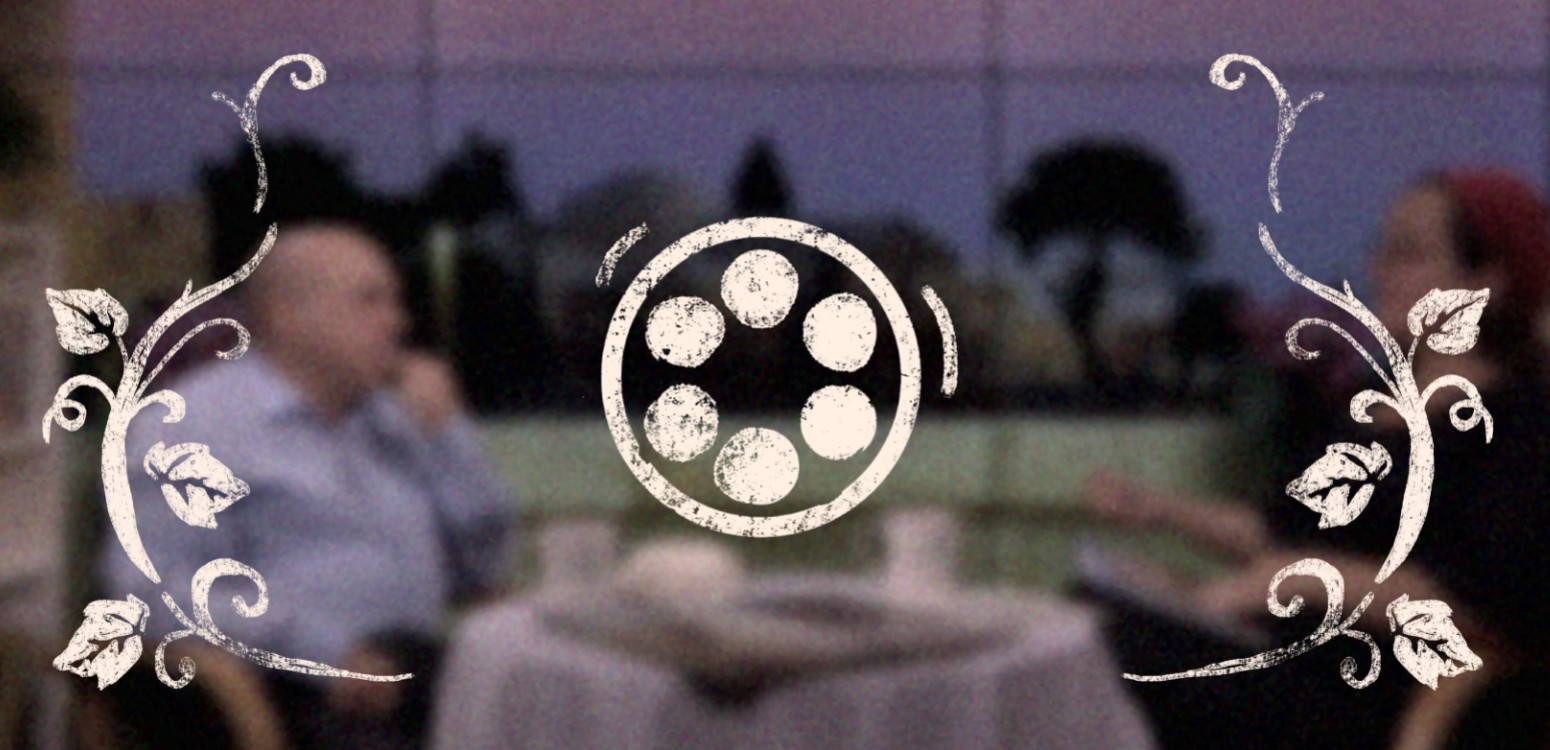
In Parashat Kedoshim, we discover why certain commandments include ‘you shall fear your God—because our true intentions remain hidden from others but never from the Divine. Explore how the concept of “actions given to the heart” challenges us to examine our deepest motivations
Parashat Kedoshim is filled with wonderful social commandments, from gifts to the poor from the field to “Love your neighbor as yourself.” Among them appears the verse: “You shall not insult the deaf, or place a stumbling block before the blind,” which unlike other commandments continues with the words “you shall fear your God” (Leviticus 19:14). Why specifically here is it suddenly said that one should fear God?
Rashi explains:
“Because in this case it is not given to human beings to know whether the intention of this man (the offender) was for the advantage or the disadvantage of the person whom he advised, and he thus might be able to evade the responsibility by saying: ‘I meant it for the best,’ Scripture therefore states with reference to him: ‘But thou shall be afraid of thy God’ Who is cognizant of thy secret thoughts. Similarly in all actions where it is given only to the heart of him who does it to know the motive that prompts him and where other people have no insight into it, Scripture states, ‘But be afraid of thy God!’”
Imagine this: A woman with deep expertise in a particular field offers advice to her completely inexperienced friend—blind in this domain—who trusts and follows her guidance, only to face disaster. Why place a stumbling block before her oblivious friend? Was it an innocent mistake or deliberate sabotage? Only the advisor knows her true intentions—hidden in her heart, invisible to all others. This is precisely what rabbinic literature elegantly terms “actions given to the heart”.
The tongue is mightier than the sword
The Talmud (Bava Metzia 58b) introduces us to an insightful concept: Ona’at devarim or “wounding by words”—verbal daggers that cut deeper than physical wounds.
What does this look like? The sages offer vivid examples:
- Reminding a chozer b’teshuvah of their past: “Come on, we all know what you did!”
- Suggesting to a suffering friend that their misfortunes are a deserved punishment.
- Wasting a shopkeeper’s time examining merchandise you know you can’t afford and have no intention to buy.
This last example is particularly fascinating. No one else in the store knows you’re merely pretending to shop. The shopkeeper doesn’t know. Yet the Talmud instructs: “You shall fear your God”—because even when no human witnesses your deception, someone is watching.
These invisible moral choices, known only to you and God, reveal your true character far more than your public behavior.
The concept of verbal mistreatment is taken very seriously in Jewish ethics and is considered a significant transgression. In these examples it is apparent that you didn’t really accept the repentant person as an equal; you only pretended to be a good friend coming to offer support; and you didn’t really intend to buy anything. But maybe this is not really the case?
Maybe you didn’t intend to hurt them but innocently noted that they were different in the past; maybe as a friend you thought soul-searching would help them; maybe you did intend to buy something next time, when you have money. These are actions given to the heart; only you and God know.
Live as if your mother is watching
“You shall fear your God” looks different for each of us. A friend of mine once faced a moral dilemma, and his clever wife offered this wisdom: “Imagine your students are watching you, then decide.” His moral compass was activated by imagining those young eyes upon him.
Most of us have someone whose imagined presence guides us—a mentor, parent, or friend whose phantom gaze can penetrate our thoughts and nudge us toward righteousness.
Later in the parasha, we’re instructed to honor the elderly: this phrase returns: “You shall rise before the aged and show deference to the old; you shall fear your God: I am the Lord” (Leviticus 19:32).
According to Rashi this includes not pretending to be asleep when an elderly person needs your bus seat! This is an “action given to the heart”—only you know your true intentions.
But do we really? Often we rationalize our behaviors, crafting elaborate self-deceptions. Many things are simultaneously entrusted to our hearts yet hidden from them.
If only we judged ourselves with the same critical eye we reserve for others.
Lior Tal Sadeh is an educator, writer, and author of “What Is Above, What Is Below” (Carmel, 2022). He hosts the daily “Source of Inspiration” podcast, produced by Beit Avi Chai.
For more insights into Parashat Kedoshim, listen to “Source of Inspiration”>>
Translation of most Hebrew texts sourced from Sefaria.org
Main Photo: Israeli stamp marking the 10th anniversary of the adoption by the United Nations of the Universal Declaration of Human\ Wikipedia
Also at Beit Avi Chai





















